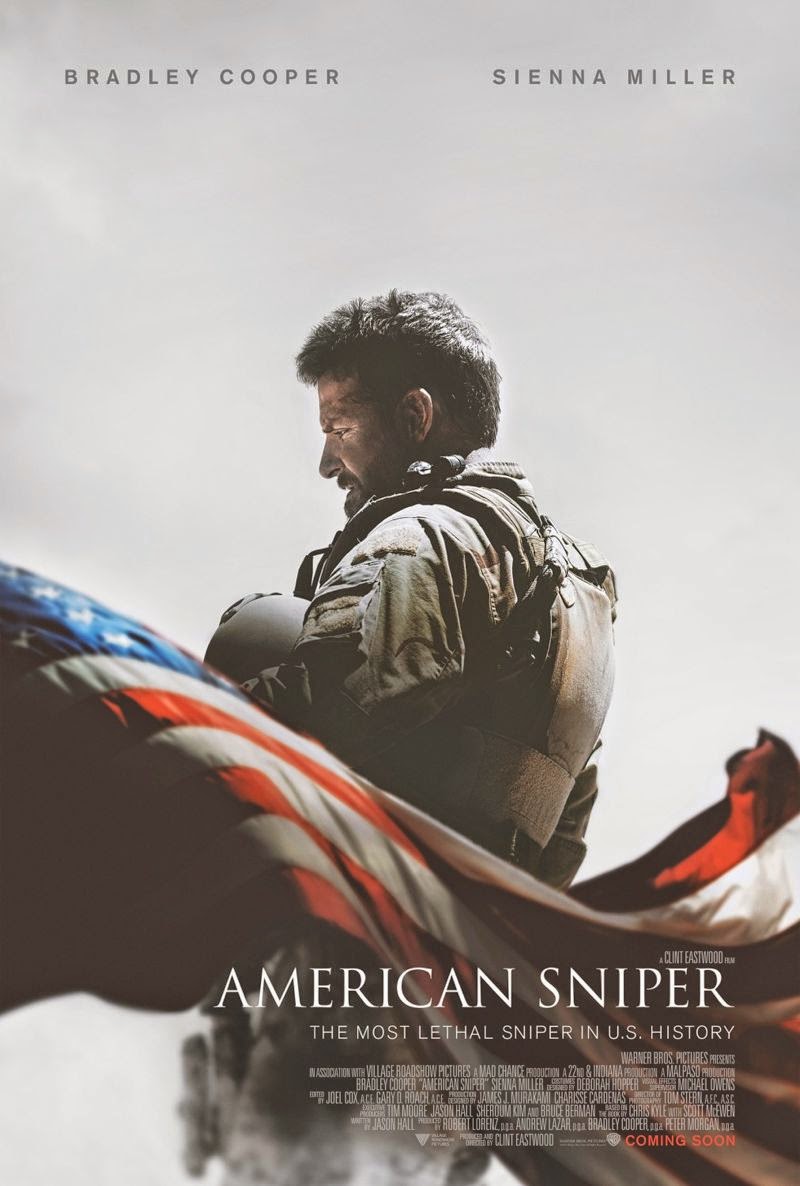Still Alice
http://www.imdb.com/title/tt3316960/
http://sonyclassics.com/stillalice/
This milestone film on Alzheimer’s draws its power from Moore’s emotionally restrained but very potent central performance.
The toll the disease takes on the life of a brilliant linguistics professor is superbly detailed by Julianne Moore in a career-high performance, driving straight to the terror of the disease and its power to wipe out personal certainties and identity. Written and directed by Richard Glatzer and Wash Westmoreland, the screenplay is faithful to Lisa Genova’s best-selling novel which has a fan base of its own.
Rather than focus on the destructive effect of the disease on relationships, the drama dives deep into how one woman experiences her own deteriorating condition, placing all the emphasis on Moore’s face and reactions, her vulnerability seesawing with her strength.
In one standout scene, she stumbles onto suicide instructions she has left for herself on her computer. Though this is one of the film's most intense scenes, the directors are able to slip in a moment's humor to lighten things up.
Not all is doom and gloom here. Another key scene has Alice invited to address an Alzheimer's conference. Her anxious preparations end in a triumphant monologue about her condition that is truly touching.
The fact that a woman who’s an expert in linguistics has trouble articulating herself may seem like an obvious device, but it also adds to the film’s sense of sadness and frustration, because Alice knows all too well the power of self-expression. “Still Alice” is about how she reacts to her own deterioration–how she constantly reassesses it and figures out how to cope. She doesn’t always do it with quiet dignity, which is refreshing; sometimes she even uses the disease to manipulate those around her or get out of a social occasion she’d rather avoid.
Despite all that, and in the absence of the anger and the wildness that are crouched and caged within this most terrible of themes, “Still Alice” is worth watching, for the sake of Julianne Moore. She has always compounded sweetness with steel, and both are brandished here. The smile that Alice gives, as her utterance falters, is more heartbreaking for being so radiant; we understand at once what it will cost this particular woman to put on a good show, and a happy face. At the other extreme is the message that, when still compos mentis, she leaves for herself—or for a later version of that self—on her laptop, issuing instructions for suicide. The tone of practical plainness is wonderfully caught. “Hi Alice, I am you,” she begins. To be and not to be, at the same time: that is the question that Moore would, if unleashed, have pursued to its tragic limit. “Still Alice” gives her only half a chance.
Film-makers Richard Glatzer and Wash Westmoreland, adapting the bestseller by Lisa Genova, then track the rapid progress of the disease and its fallout for the family, as some try to dodge responsibility, others to defeat the unbeatable. We stay close to Alice throughout; at times entering her vision - image blurred, context distorted, sound edit frightening - but mostly studying Moore's face as the light fades from it. You gain awful insight into a fate whose horrors its sufferer, for a while at least as she attempts to stymie the disease with word games and bright positivity, appreciates.
Glatzer and Washmoreland have teased one thread from the book further, brought it a touch more up to date (it's set a decade back). Just as Glatzer's own diagnosis with amyotrophic lateral sclerosis in 2011 has led him to speak only via an app, so too Alice's reliance on new technology impacts on her illness: after all, she has instant access to a bank of memories.
It's not perfect – or, rather, it is a little too perfect. That Alice's profession concerns cognitive function over-eggs the pudding, adds to the unhappy sense that the tragedy of Alzheimer's is heightened when it hits an intellectual. Making the disease genetic as well as so early – and especially as Bosworth announces her intention to have a baby – also feels unnecessary. All you need is Moore; you don't need seven layers of irony to perk things up.
But it's hard to deny the flooring impact of that central performance; a word too for Kristen Stewart, initially bratty, but developing into something much subtler. Alice quotes Elizabeth Bishop's line: "The art of losing isn't hard to master".
“Still Alice” remains as polite, as informed, and as cautiously compassionate as the society that it depicts.
This is an effortlessly excellent film, about a horribly hard subject.






